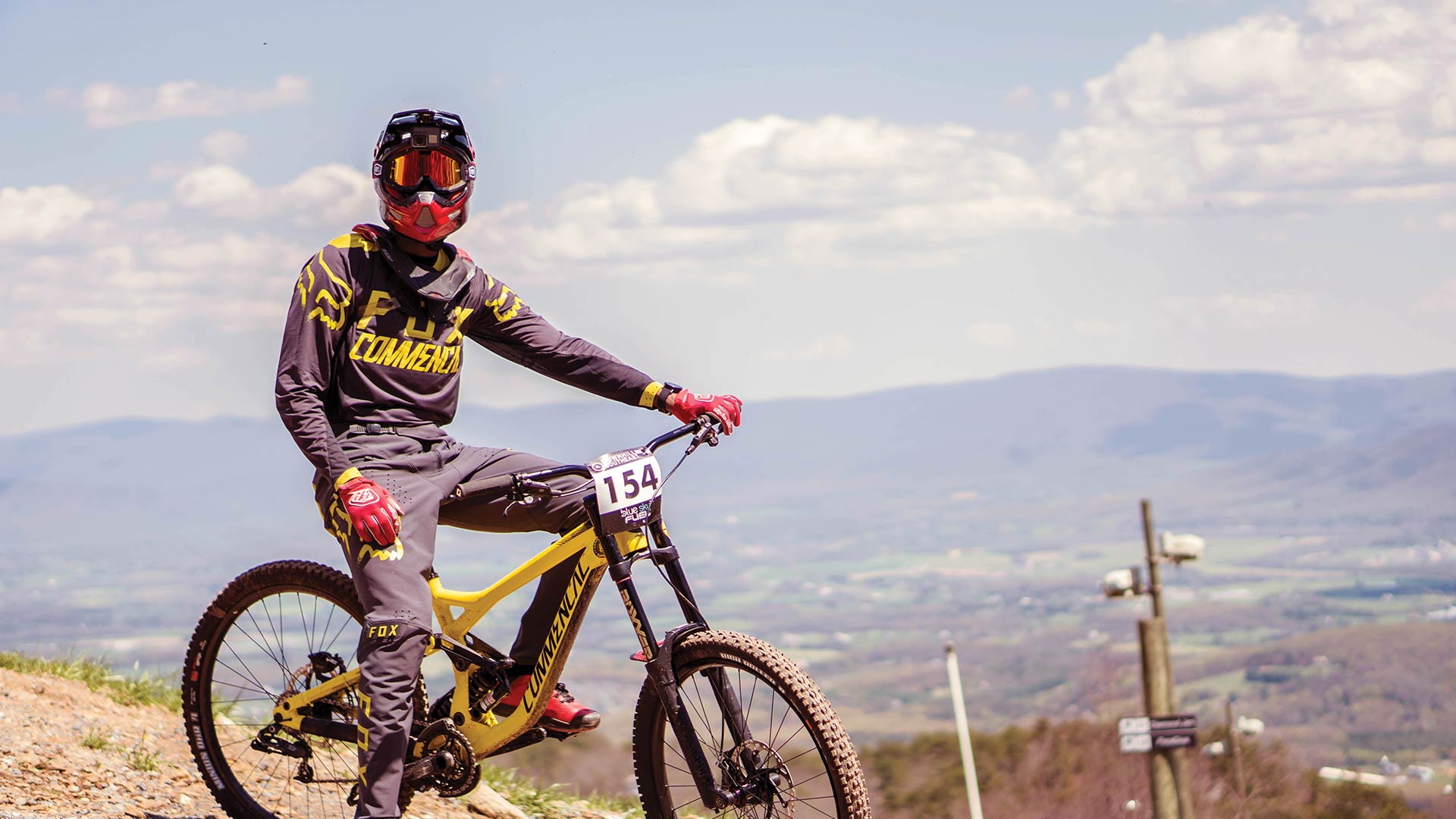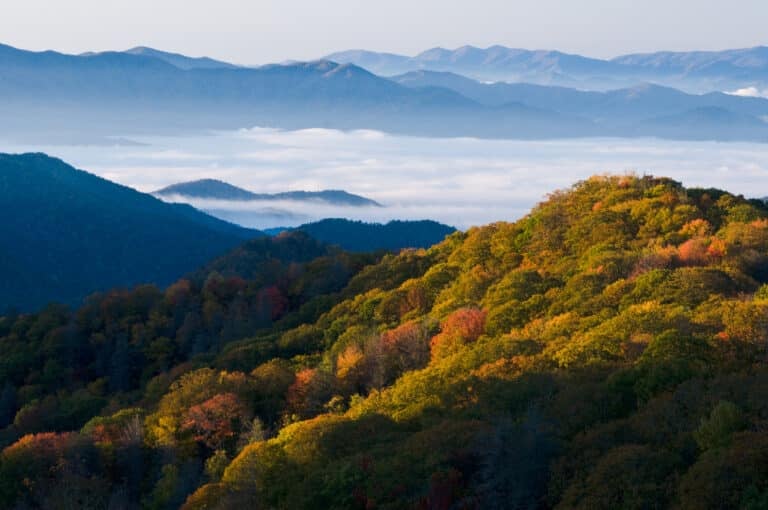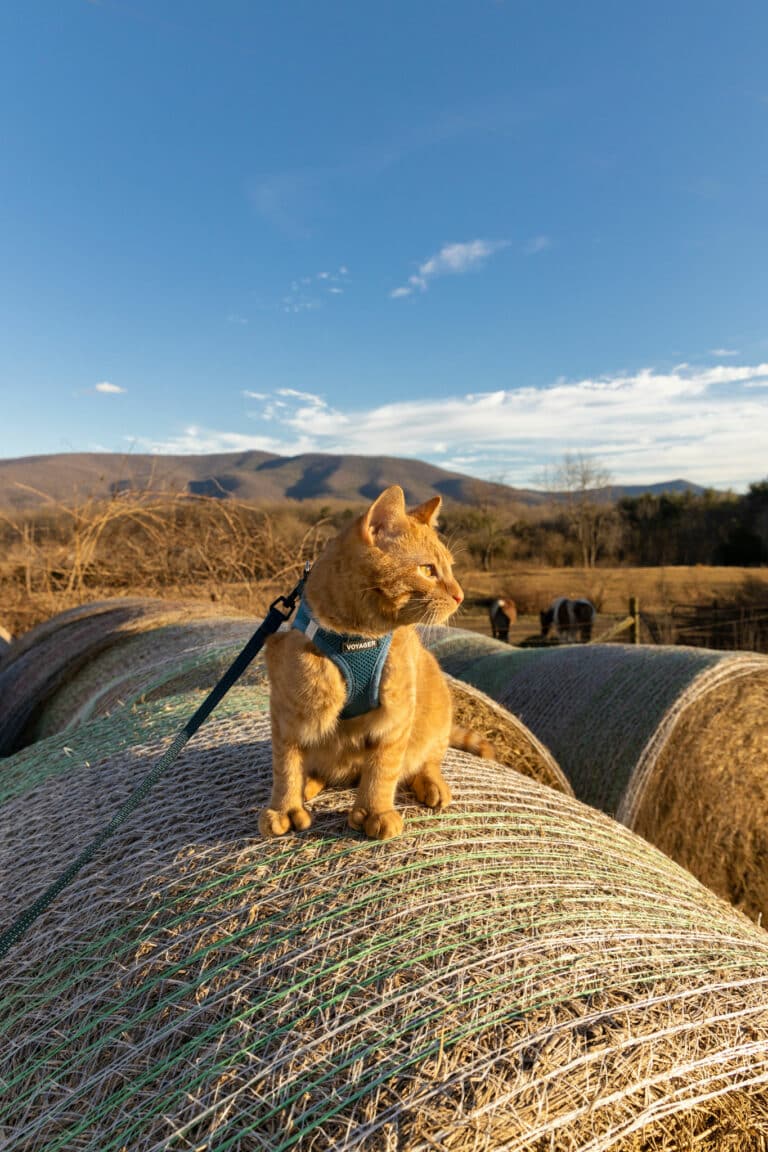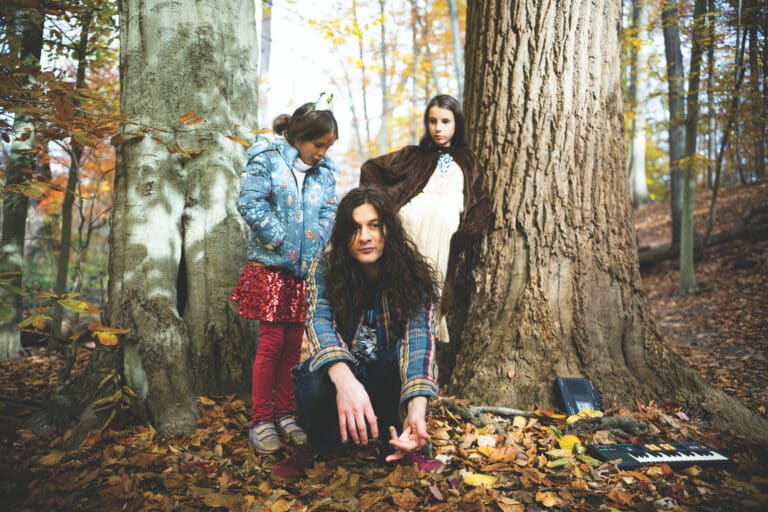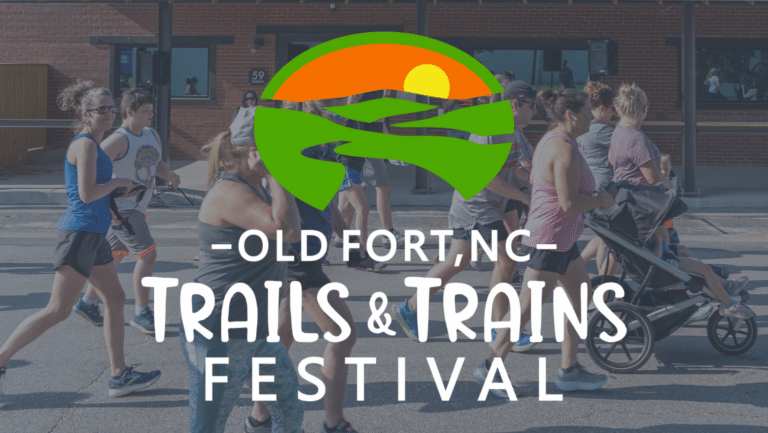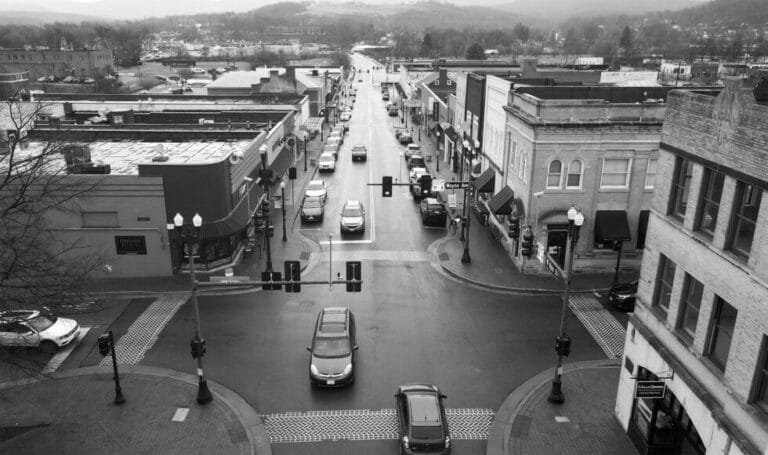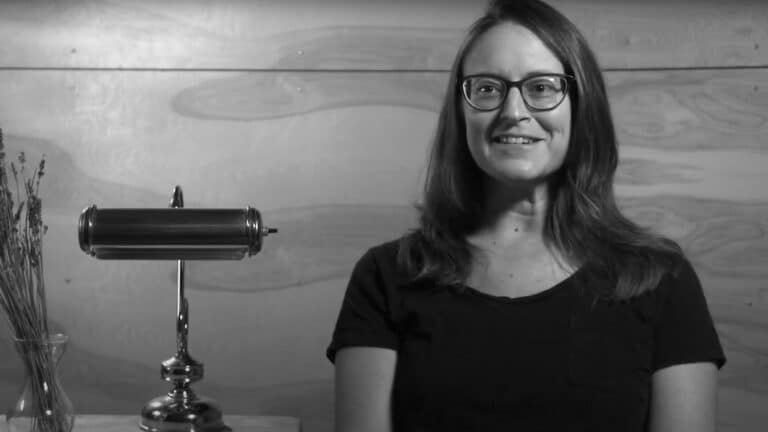DeAngelo Washington traded his baseball cleats for bike cleats to become one of the region’s top downhill riders.
DeAngelo Washington was born in Richmond, Virginia, on May 30, 1986. “Angelo,” or Angie if you’re his mother, grew up in Creighton Court, the second-largest public housing project in the city and one of its poorest.
Once described as a place with “one way in and few ways out,” Creighton Court tended to have high rates of crime, violence, drugs, and the resulting fractionalization of households that is so common in the neighborhood. Nearly 90% of the community receives government assistance, with the average annual household earnings topping out at $9,000. Only four out of every 10 adults here continue on after high school to receive higher education.
It’s a tough place to be a kid, but Angelo was tough. And, he had baseball. From the age of six, baseball was his world. As he grew older, he played on travel, college, semi-pro, and AAA baseball teams.
But then in 2014, at the age of 27, Angelo tore his quad. A year later he received reconstructive surgery after a bat weight crushed the entire left side of his face. Forced to look for other ways to stay active, Angelo bought a $300 mountain bike off of Craigslist, never imagining that he’d be putting away the bat for good.
Now, Angelo, who works as a lead architectural designer by day, is cruising his way through the amateur ranks racing downhill for Commencal on its factory development team. We sat down with him to talk about his journey into the sport and the challenges that he and other African Americans face in the mountain biking industry.
Where was the first place you went mountain biking on that Craigslist ride?
Powhite Park. It’s right across the street from my office. My coworker took me there one Friday after work and I crashed three times.
Was it hard getting into a new sport having played at such a high level in baseball?
It was tough as far as learning the techniques. I had the fitness but I didn’t have the technique. The hardest part was to not get too far ahead of myself. As soon as you think you know a trail, you really don’t know a trail, and I found that out real quick. I actually ended up with a group called WMR, Women’s Multisports of Richmond. I rode with them every Tuesday at 5:30. I loved the atmosphere. They really took me in and showed me the ins and outs. I remember one day we did a ride at Freedom Park. I had soccer shoes on, old skateboard kneepads. I was like a stormtrooper on a bike. That experience was so fun and to see those guys jump off features and stuff like that, I knew this is what I really wanted to do.
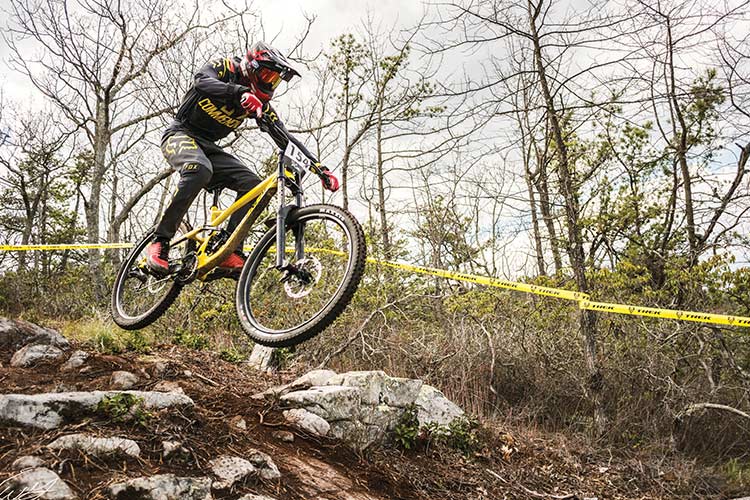
Your first downhill season you raced for Coqui Cyclery. What was that experience like?
The team members were fun, but after a year I left the team because it wasn’t what I thought it was going to be. I didn’t feel like I was a part of that team, and I was still trying to figure [the downhill scene] out at that point, so having no support was hard. I finished the 2016 season in 2nd place overall in cat 3, but seeing other teams and how they meshed together, I knew I wanted that. In 2017 I joined A-1 Cycling out of Manassas and we had a ball. We were all around the same age, all still trying to figure out the downhill racing thing. They helped me push some of my limits, because I didn’t like jumping at first. They helped me get comfortable in the air and trusting my bike, trusting my skills. I felt like part of the crew, and I wasn’t excluded from anything. I ended up finishing the 2017 season in 3rd place overall in cat 2.
At most of these races, you’re the only African American rider competing. Has that discouraged you at all?
When I first started, it was kinda weird. My first experience at Snowshoe was a total culture shock for me. All of these people were taking me in, but I had the support of the friends I made in Richmond, so overall I felt welcomed from other riders. One problem I do have is with other people of color questioning me. At Massanutten last year, an older woman and her friends were walking down from the starting gate. She goes, ‘You gonna do this?’ I asked what she meant. She sorta swiped her hand and said, ‘We don’t do this.’ It threw me off. I get it a lot from other African Americans, like I’m not supposed to be able to ride a bike downhill because of my race. That troubles me, and since that happened, it’s happened more.
How can the cycling industry do more to promote diversity?
I tried to do some research, I Googled and Googled and Googled, and I could only find one professional downhill racer who was African American—Eliot Jackson—and I’ve never seen him on any commercial or anything like that. I don’t think we have enough representatives to show the potential. You need more than just the one pro. You need to show a variety of riders.
What are some of the barriers to entry when it comes to downhill mountain biking in particular?
The price of bikes is just so expensive. I can’t afford to replace my bike every year like a lot of these racers can. Commencal helps me out some, but it’s tough. I think the scene can discourage a lot of new riders because it got me when I first started racing. I had this old dinky downhill bike. It was 2015, and my bike was a 2007 bike. I got to the race and see these guys in nice matching kits with $10,000 bikes and I’m like, how can I even compete with these guys? If you look good you must be fast, right? Really, we are all just riding bikes. It’s more about the skills. But the expenses can keep people from ever riding.
Do you have any cycling related goals this year?
This year my goal is to be more involved in the city and helping city kids out. It’s not just basketball and baseball and football. I want to let them know that you can ride a bike, and it doesn’t have to be downhill, it can be whatever. I want to give them the experience of what I’m feeling right now. My daughters are having a blast with bikes, too. They come to all of the races. My youngest, she’s my rider. Every time she gets on the bike she’s like ‘Daddy, I’m in the starting gate.’ I’m gonna have to watch out for that one.
What has mountain biking done for you?
Mountain biking has taught me so much about myself. I’ve grown mentally, physically, and have matured so much since I began biking. It’s given me a chance to experience different things and see new places and now I can share that with my girls. My daughters got to see a bear in the woods in real life. Those little experiences are what make me feel like, why haven’t I been doing this longer?
Champions of Inclusivity Like Angelo, we are firm believers that everyone should have the opportunity to ride bikes in the woods. These 10 organizations are providing those experiences and making the outdoors a more welcoming place for all.
Black Women Bike Washington, D.C.
Blue Sky Fund Richmond, Va.
Outdoor Afro Louisville, Ky., Durham & Charlotte, N.C., Nashville, Tenn., Atlanta, Ga., Pittsburgh, Penn., Washington, D.C.
Brown People Camping Washington, D.C.
City Kids Wilderness Project Washington, D.C.
HomoClimbtastic Fayetteville, W.Va.
OUT There Adventures Various locations
Oasis Bike Workshop Nashville, Tenn.
Wilderness Works Atlanta, Ga.
Color the Crag Horse Pens 40, Steele, Ala.
